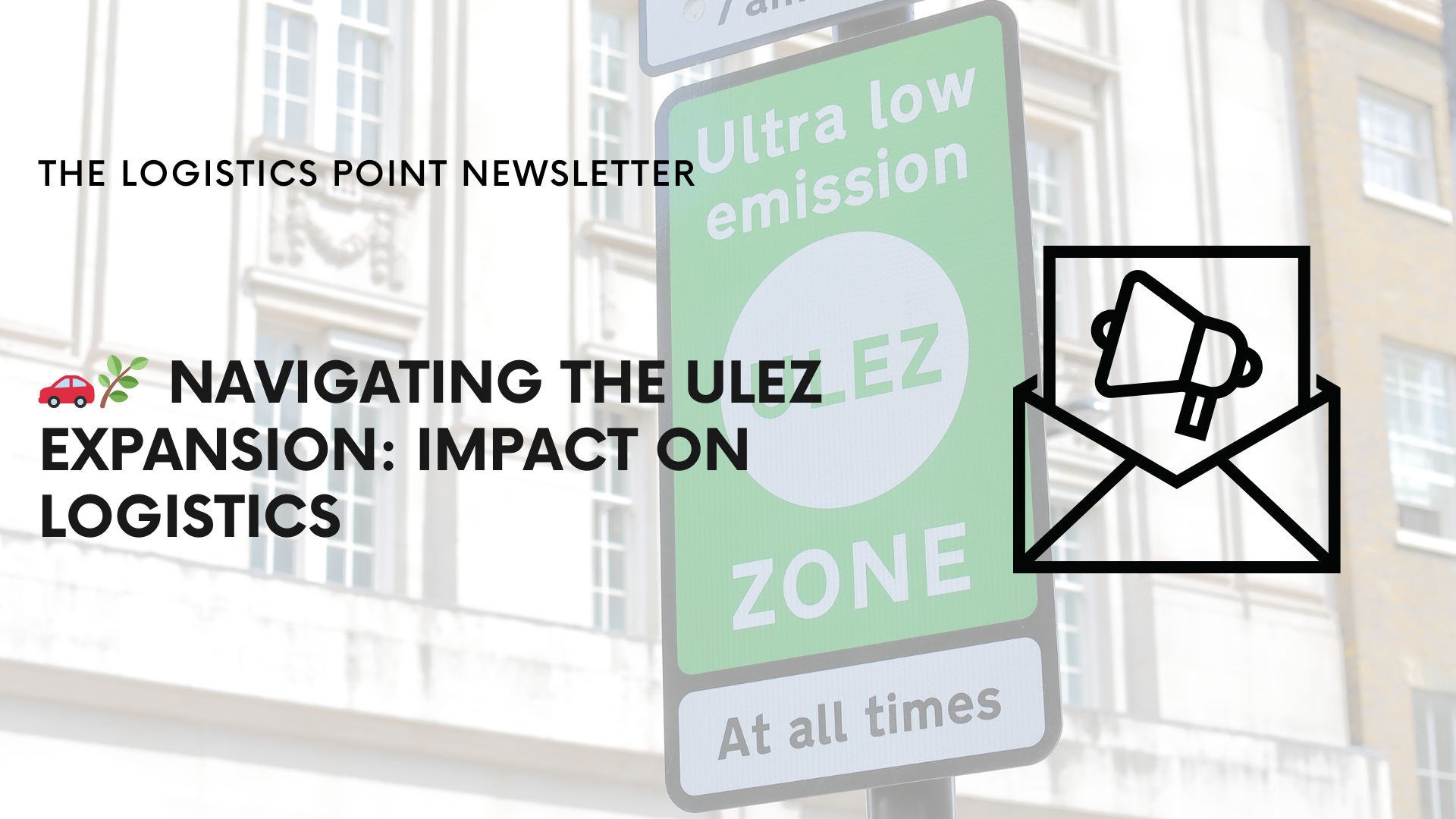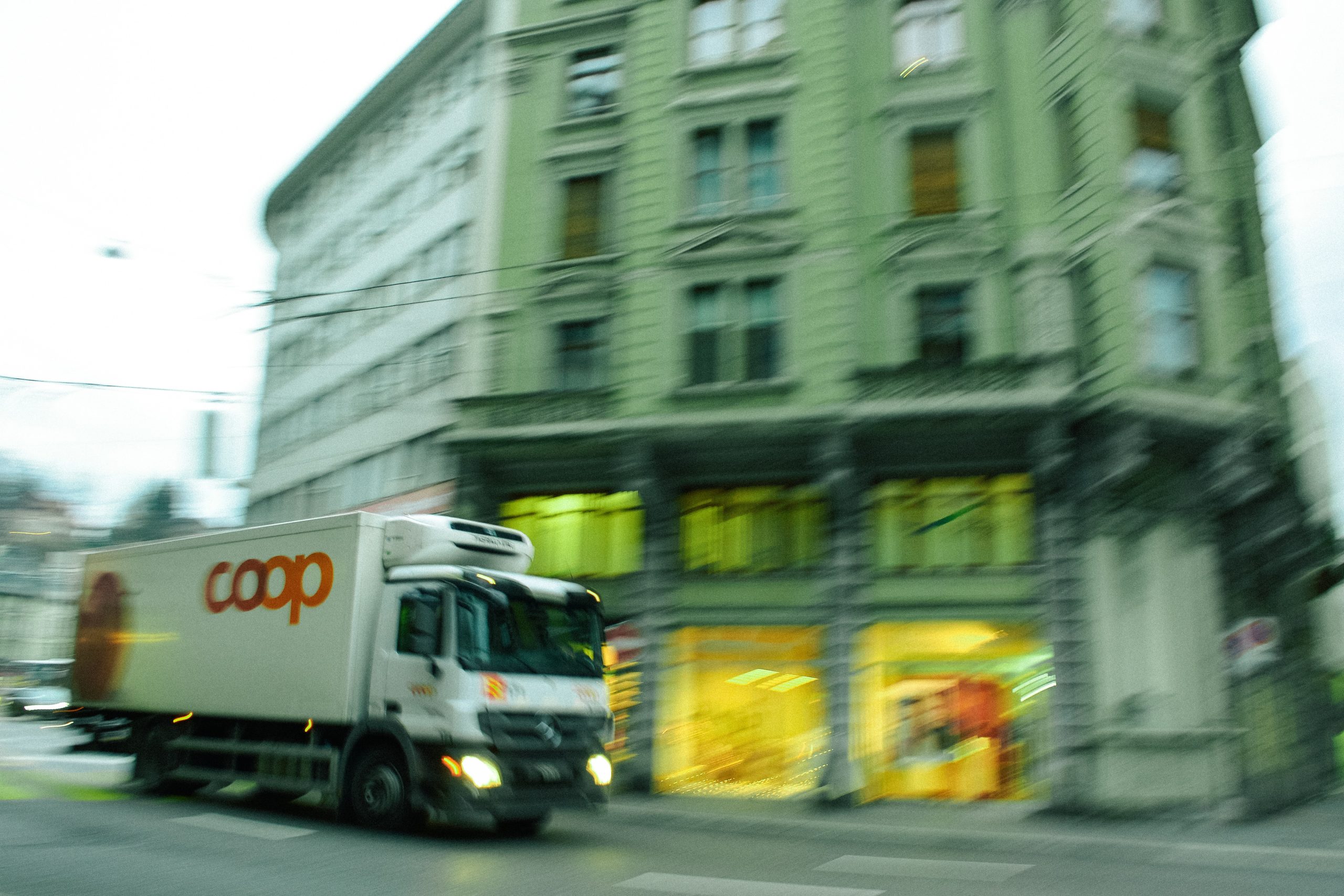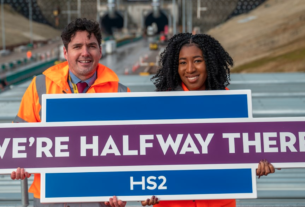The expansion of ULEZ in London has dominated the news for the last couple of months. With it many businesses have struggled to understand how it will impact their operations and most importantly, what changes they would need to implement. We spoke to Peter Golding g, Managing Director at FleetCheck, about ULEZ, how companies are responding and what could happen in the future with the increase of ultra-low emission zones in general.

‘The ULEZ is a huge problem for commercial vehicle fleets as they are not only obligated to serve the areas where it applies but also because it is extraordinarily difficult to upgrade vehicles at the moment,’ begins Peter. Costs for upgrading vehicles away from diesel are causing headaches for many logistics operators. On top of this, even those who can afford it are struggling with the lead times.

The limited supply and other costs, contributed by the war in Ukraine, inflation, Brexit and more, are making it nearly impossible for fleet operators to find financing ways. For many two grim options exist. One is to abandon their contracts in a city like London or to close down.
Fines as costs
Can they not just factor in the fines as needed expenses? ‘Fines are prohibitively expensive and designed in a way that they can’t be factored-in,’ Peter explains. With the Congestion Charge companies could include them in their operational costs. The ULEZ fines are a different thing.

Some larger fleet owners will move one type of vehicle away from London and into an area with fewer rules. ‘This is not good for the overall idea of limiting pollution as we are just exporting the problem,’ Peter comments. Small to mid-size companies will struggle.
Peter admits that many business owners were uncertain whether ULEZ will be enforced and decided to wait. Could this be causing their problems now? For Peter the whole topic has been turned into a political conversation and there are conflicting messages from local and central governments.
Finding solutions
One solution will be electric vehicles but the problems with infrastructure and access to charging points is not going to be solved on time. It is possible to see the rise of other transportation methods like cargo bikes.
‘At the end it is important to underline that logistics businesses are not against cleaner air or better vehicles,’ Peter continues. He argues that the zone’s expansion has been too overwhelming. It would take some time to see the business effects and how the industry has adapted. However, he is certain that the industry is resilient enough and a solution would be found. ✷


